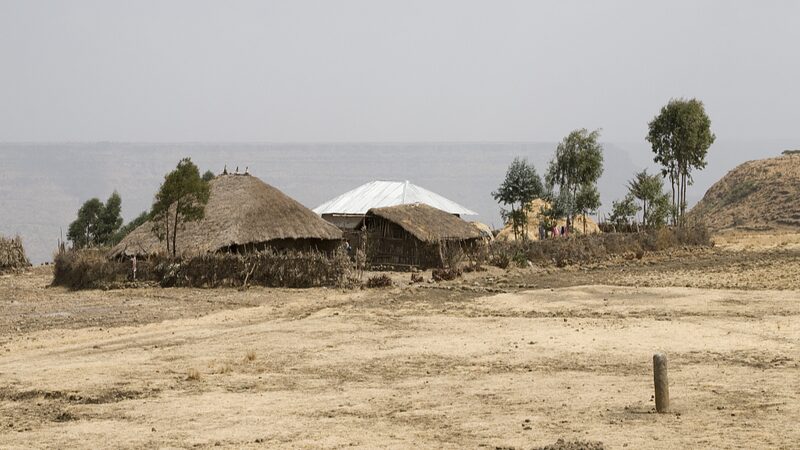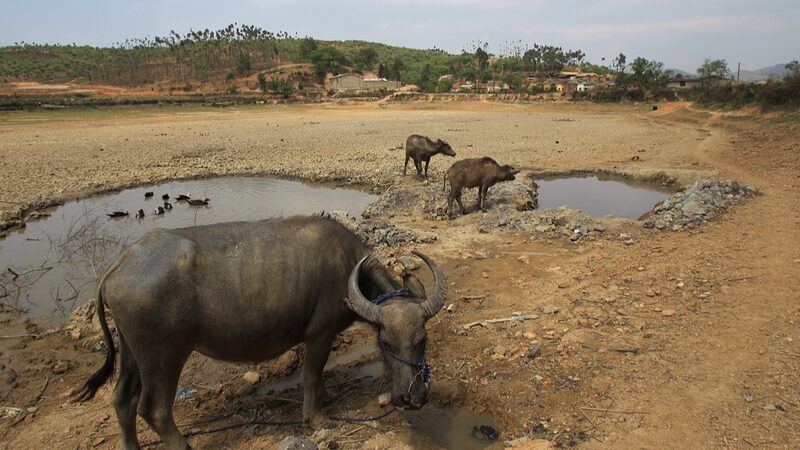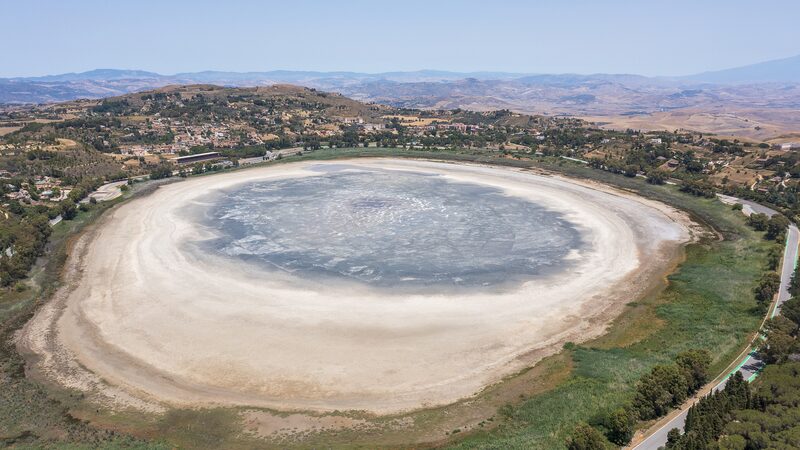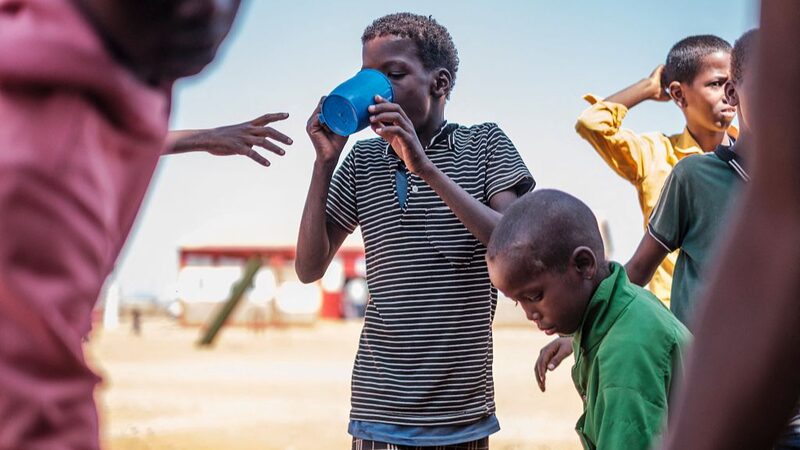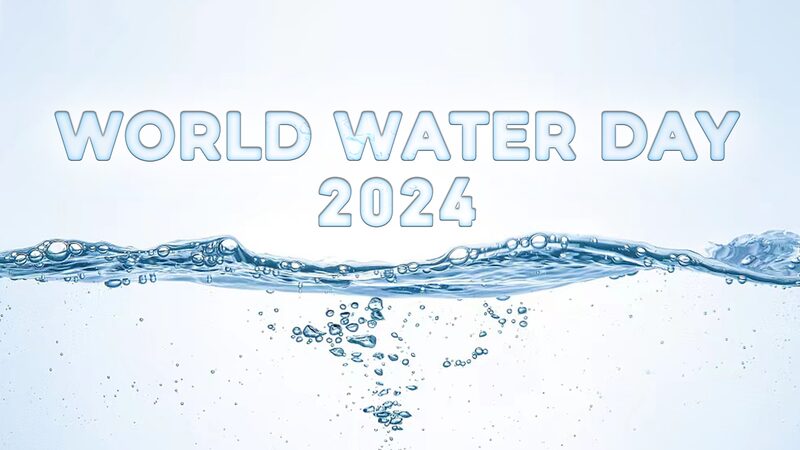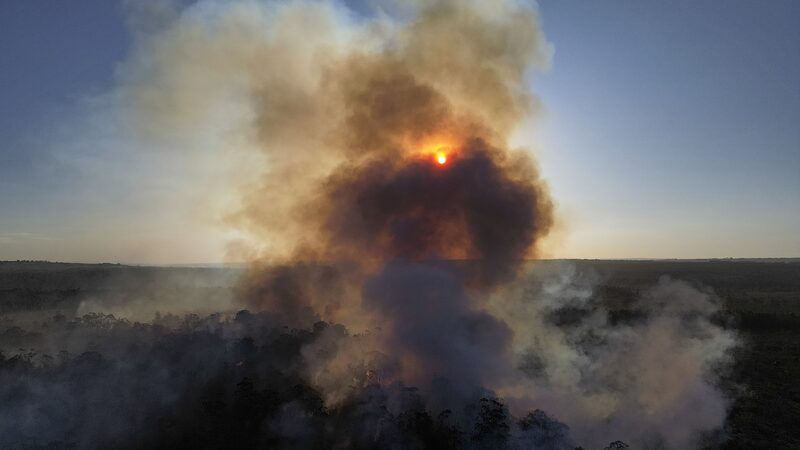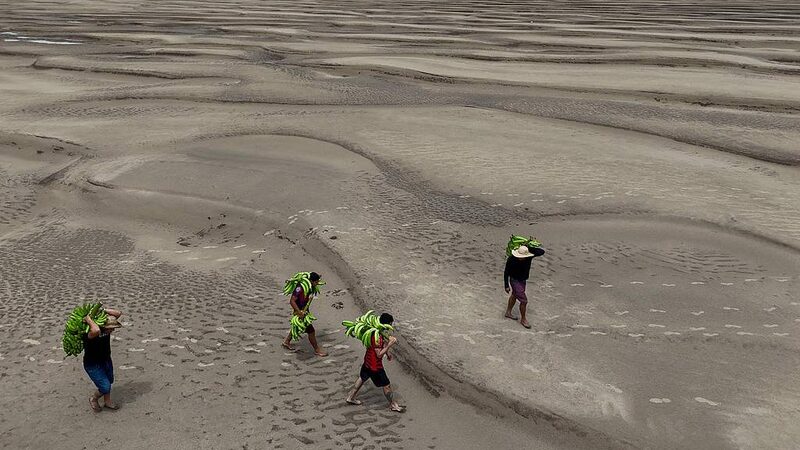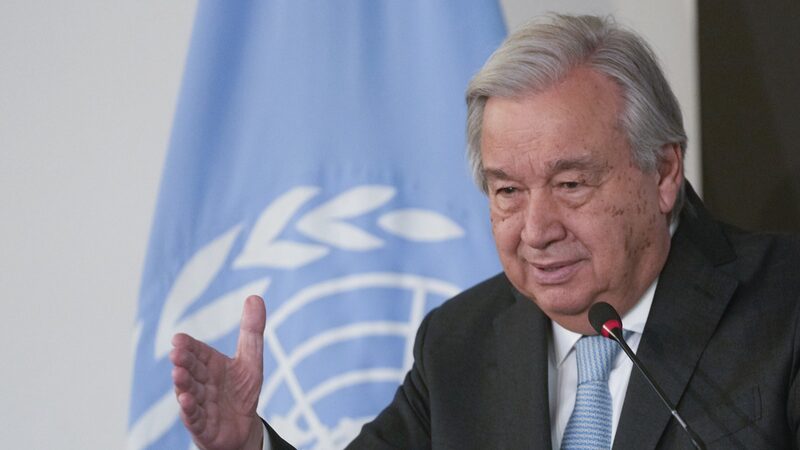The United Nations has issued a stark warning about an unfolding humanitarian crisis in Ethiopia, driven by a severe El Niño-induced drought that is ravaging large parts of the country.
During a press briefing on Friday, UN Secretary-General Antonio Guterres’ spokesperson, Stephane Dujarric, highlighted the dire situation gripping the nation. “In Ethiopia, the impact of an El Niño-driven drought is ravaging communities in Afar, Amhara, Tigray, and Oromia, as well as Southern and South West Ethiopia Peoples’ Region,” he stated.
The drought has led to severe water shortages, dried pastures, and reduced harvests, putting millions of lives at risk. “We are seeing a significant impact on both human beings and livestock, with reports of food insecurity and rising malnutrition,” Dujarric added.
The El Niño weather phenomenon, characterized by the warming of sea surface temperatures in the Pacific Ocean, has disrupted weather patterns globally. In Ethiopia, its effects have been devastating, exacerbating existing vulnerabilities in regions already challenged by previous conflicts and economic hardships.
Communities Struggling to Survive
Local communities in the affected regions are facing unprecedented challenges. Farmers are witnessing the withering of crops that are crucial for their survival, while pastoralists are losing livestock due to the lack of grazing lands and water.
“Our wells have dried up, and there is no pasture for our animals,” said a resident from the Oromia region. “We are desperate for assistance.”
Humanitarian Response and International Aid
The UN and its partners are mobilizing resources to address the crisis, but funding gaps remain a significant hurdle. Humanitarian agencies are calling on the international community to increase aid to support emergency food assistance, water and sanitation services, and nutritional support for vulnerable groups, particularly children and pregnant women.
“Immediate action is critical to prevent a full-scale catastrophe,” emphasized Dujarric. “We urge donors to step up their contributions to help alleviate the suffering.”
A Call for Global Attention
The situation in Ethiopia serves as a stark reminder of the broader impacts of climate change and extreme weather events on vulnerable populations. As El Niño continues to affect various parts of the world, there is an urgent need for global solidarity and comprehensive strategies to mitigate its effects.
Experts warn that without prompt and adequate intervention, the humanitarian crisis in Ethiopia could worsen, leading to increased displacement, health crises, and further socio-economic instability in the region.
The international community is watching closely, understanding that the ripple effects of such crises transcend borders, impacting regional security and migration patterns.
Looking Ahead
Efforts are underway to not only address the immediate needs but also to build resilience against future climate-induced disasters. This includes investing in sustainable water management systems, drought-resistant crops, and early warning mechanisms.
“It’s about empowering communities to withstand these shocks,” said a representative from a humanitarian organization working in the region. “We need to move from reaction to prevention.”
The unfolding crisis in Ethiopia underscores the critical intersection of climate change and humanitarian needs, highlighting the importance of prompt action and sustained support.
Reference(s):
UN warns of impending drought-induced humanitarian crisis in Ethiopia
cgtn.com
